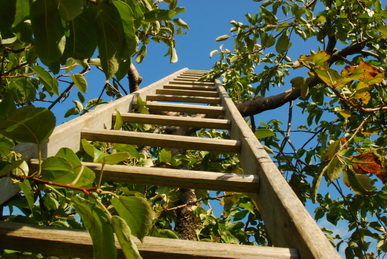Attorneys Justin Shapiro and Adam Rose successfully recovered over $700,000 in settlements on behalf of their clients who sustained lower limb fractures. In both cases, our clients were guests at separate Key West hotels, and both fell victim to the hotels’ failure to warn and failure to adequately light concealed steps.
In the first case, Partner Justin Shapiro established that the concealed step was not only dangerous, but illegal for violating the 1992 Florida Building Code. Furthermore, the hotel failed to make the dangerous step “readily apparent” or to provide a handrail which was a violation of the NFPA Life Safety Code. Lastly, to add insult to injury, the hotel left its guests at the mercy of an illegal and dangerous step by not even warning them of the dangerous condition. Under such circumstances, it was beyond foreseeable that guests would fall and sustained life-changing injuries.
In the second case, Attorney Adam Rose faced similar code violations, but our investigation also showed that the hotel owners did not just fail to address a dangerous condition, and actually created it. Adam Rose established that the previous hotel owners had remedied the dangerous condition by adding adequate lighting which warned guests of the step down. However, when the new hotel owners took over, they made the decision to remove the lighting but failed to address / remove the underlying dangerous condition. All of this came into evidence via deposition of the previous owners and as a result, the hotel swiftly settled the lawsuit.
 Key West Injury Lawyer Blog
Key West Injury Lawyer Blog


 In 2010, our client, John Doe (“JD”), was employed and working as a handyman on a private property in Key West, Florida. Part of JD’s job was to climb up a ladder and trim trees on the private property. In ordering so, under Florida law, the property owner had the duty to provide JD with everything necessary to do the job safely, but he failed to do so.
In 2010, our client, John Doe (“JD”), was employed and working as a handyman on a private property in Key West, Florida. Part of JD’s job was to climb up a ladder and trim trees on the private property. In ordering so, under Florida law, the property owner had the duty to provide JD with everything necessary to do the job safely, but he failed to do so.